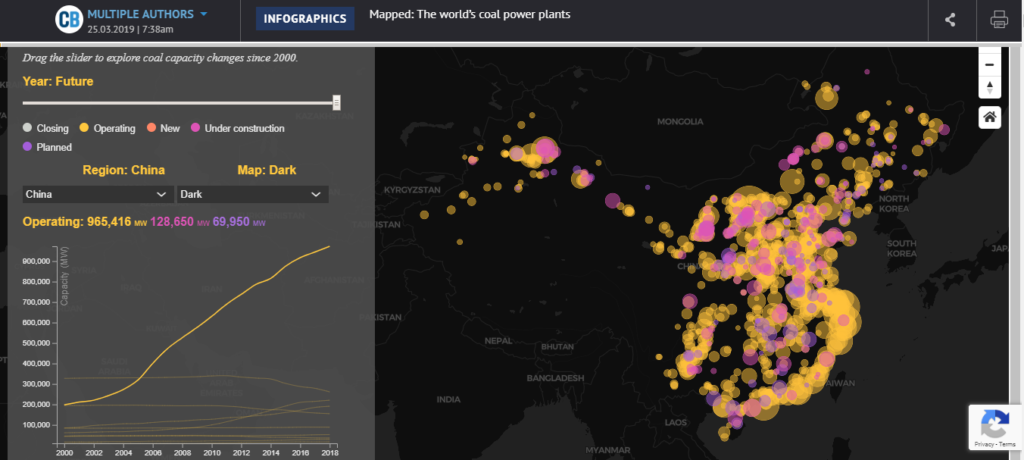Will Biden Start a Carbon Trade War?
The Trump administration was a strange time in American politics. Republicans magically stopped caring about the debt and spent with reckless abandon. Many of them also abandoned their preference for free trade over trade wars. For their part, the left suddenly remembered that tariffs are taxes on consumers, even if they conveniently forget that this also applies to corporate income taxes.
Look for these positions to reverse again as the Biden administration has signaled support for a “carbon adjustment fee” or carbon border tax on goods imported from other countries. In other words, he’ll be starting a trade war with the entire world based on the emissions of other countries.
The purpose of this tax would be to force countries exporting goods to the United States to meet climate and environmental obligations. “This adjustment would stop polluting countries from undermining our workers and manufacturers,” says Biden’s platform. However, like all things climate change, it is unlikely that this tough talk would amount to any meaningful action against the biggest polluter of them all: Communist China.
The Paris Climate Giveaway
Biden has said he will reenter the United States into the Paris Climate Accord. This proposal will be all pain and no gain for the United States because it will force our country to implement expensive regulations to reduce carbon dioxide emissions while giving countries like China and India a blank check to increase emissions until “sometime around 2030.”
During the Paris negotiations, India said they would continue to increase emissions through 2030, but the amount of CO2 emitted per unit of GDP would increase. China said their emissions would peak around 2030, which means they can continue building coal plants with reckless abandon and still be meeting their treaty obligations. With this in mind, it is hard to see how Biden’s “carbon adjustment fee” would apply to the world’s biggest emitter.

Furthermore, Biden’s proposal to make the entire electric grid carbon-free by 2035 will be enormously expensive, making it nearly impossible for American firms to compete with other countries abroad. This will incentivize American companies to move their manufacturing facilities overseas to countries that have more affordable electricity, and to nations that will be largely exempt from carbon border taxes.
Conclusion
The “carbon adjustment fee” will either drive up the cost of goods manufactured in high-emitting countries like China if it applies to them, or it will incentivize American manufacturers to move to other countries where the rules don’t apply to take advantage of lower costs than in the United States. In the end, promises that this will protect American workers and help keep strong American jobs are unlikely to materialize.